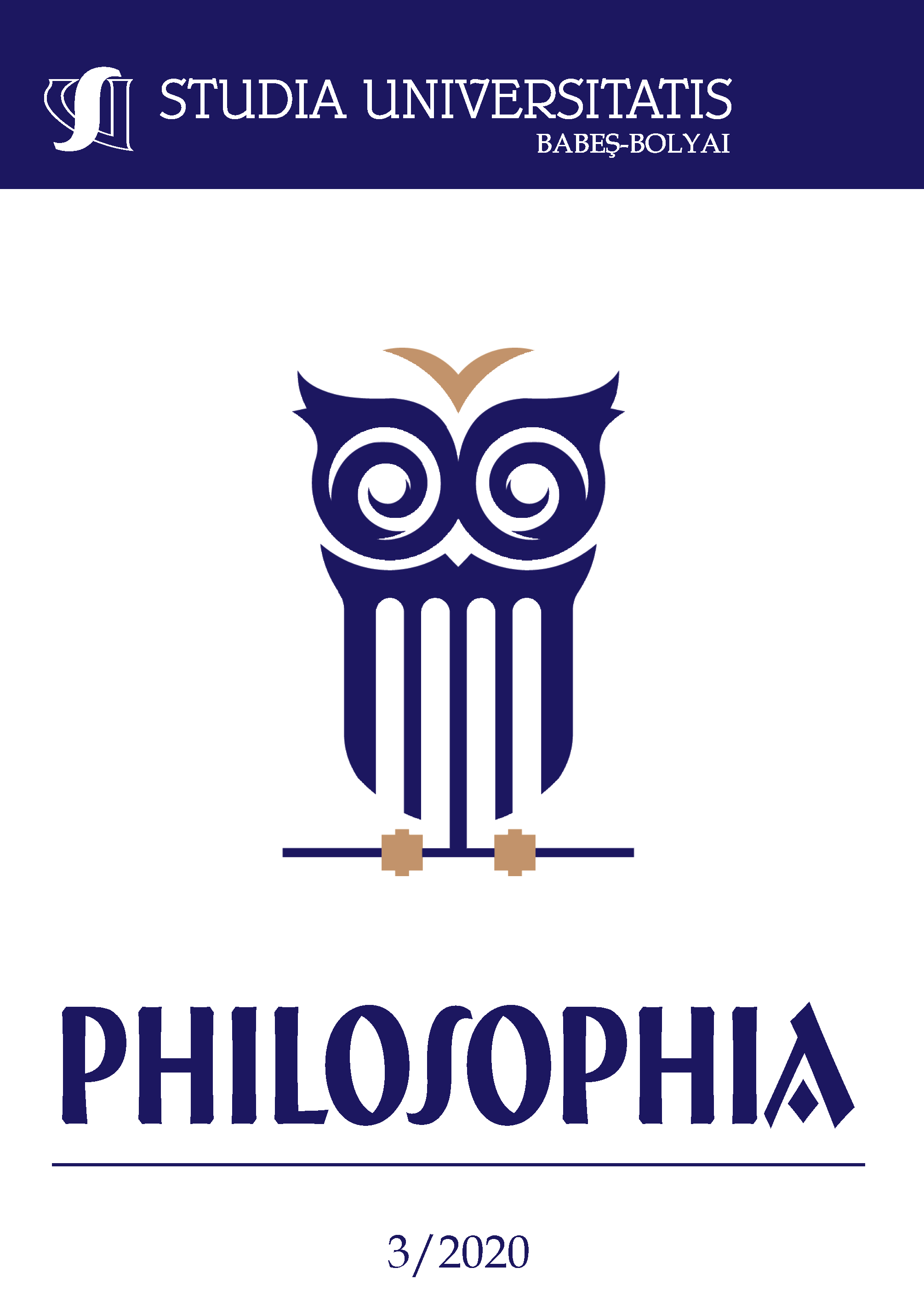INTRODUCTION TO - KNOWLEDGE-THAT/KNOWLEDGE-HOW: BETWEEN PHENOMENOLOGY AND ANALYTIC PHILOSOPHY
INTRODUCTION TO - KNOWLEDGE-THAT/KNOWLEDGE-HOW: BETWEEN PHENOMENOLOGY AND ANALYTIC PHILOSOPHY
Author(s): Adrian Luduşan, Mihai RusuSubject(s): Editorial
Published by: Studia Universitatis Babes-Bolyai
Summary/Abstract: The ongoing debate surrounding know-how and skill is one of the most animated and diverse areas of contemporary philosophy. In fact, the inquiry is hardly limited to philosophical theories and arguments, as inputs from cognitive psychology and neuroscience, linguistics, computer science, and other fields have been regularly called upon and analyzed in the literature. Moreover, the range of philosophical theories and traditions that have been brought to bear on the debate is unusually vast, stretching from the ancient to the most novel, and from classical analytic philosophy to various strands of continental philosophy, of which the phenomenological tradition has probably been appealed to the most, whether to lend support to, or to criticize a certain idea. While the distinctions have been anticipated or mirrored in various approaches, the main source of the current debate is Ryle (1949)’s famous distinction between two types of knowledge: knowledge-that (i.e., propositional knowledge) and knowledge-how. Ryle criticizes what he calls, in a somewhat derogatory manner, intellectualism, that is, the view that all knowledge (including know-how) is propositional. The intellectualist position has been revived by Jason Stanley and Timothy Williamson in their 2001 joint paper “Knowing How.” This paper has elicited an impressive number of responses, both favourable and critical, and has stimulated new research and creative reappraisals of previously less problematized views of such fundamental notions as knowledge, skill, proposition and propositional knowledge, intelligence, etc.
Journal: Studia Universitatis Babes-Bolyai - Philosophia
- Issue Year: 65/2020
- Issue No: 3
- Page Range: 7-10
- Page Count: 4
- Language: English

